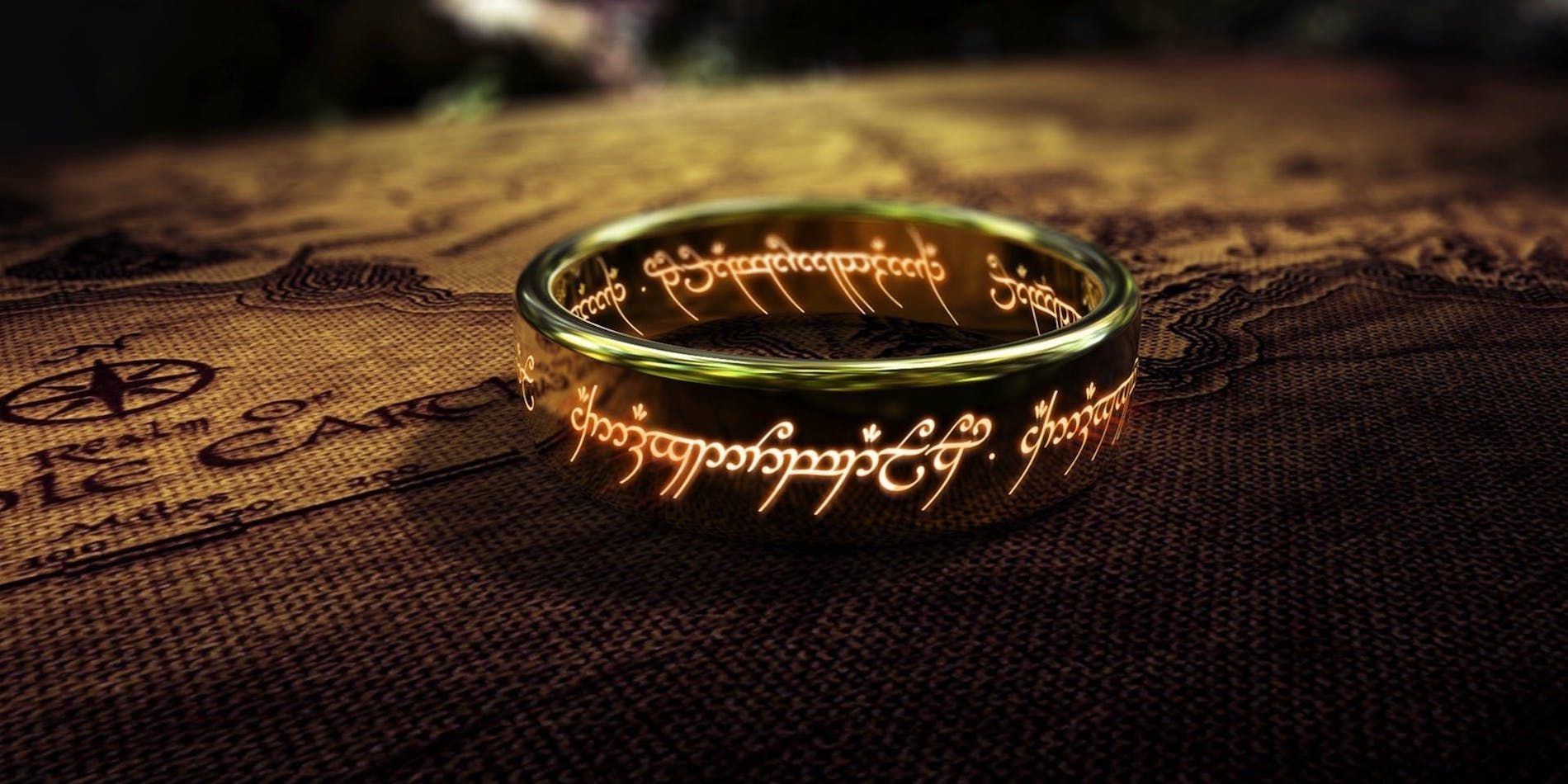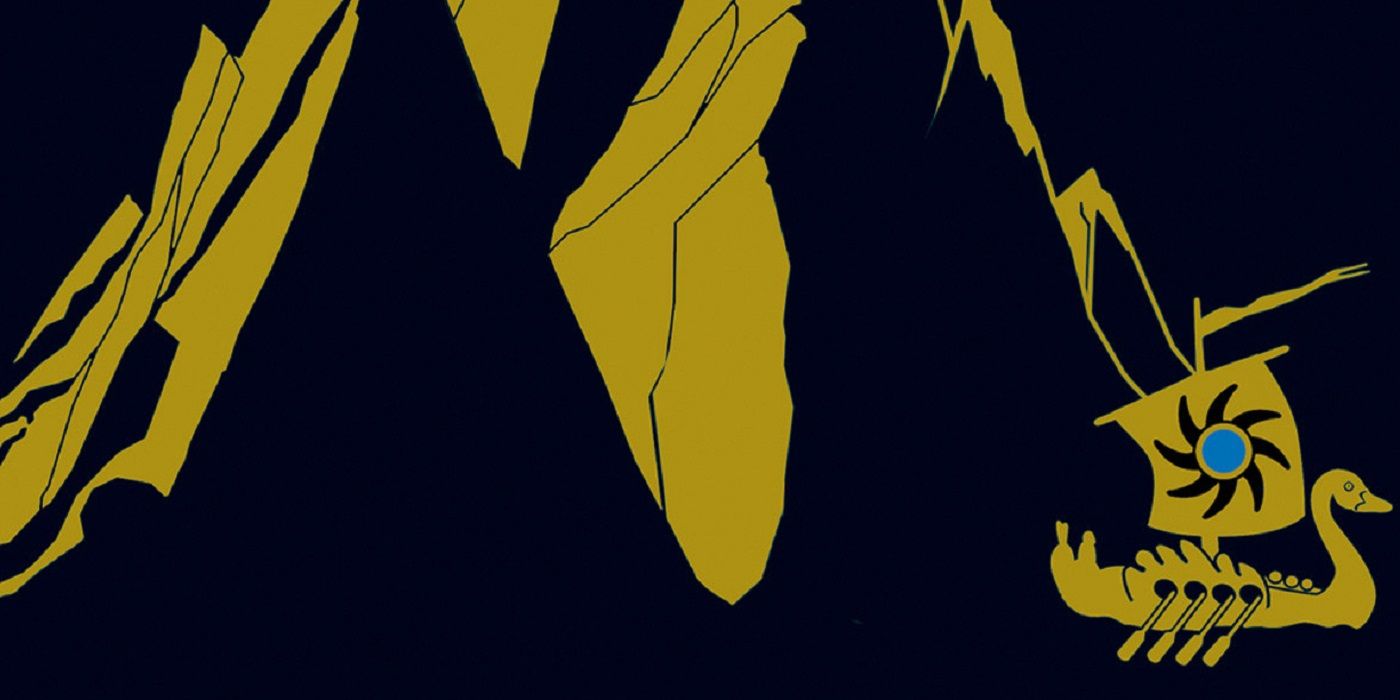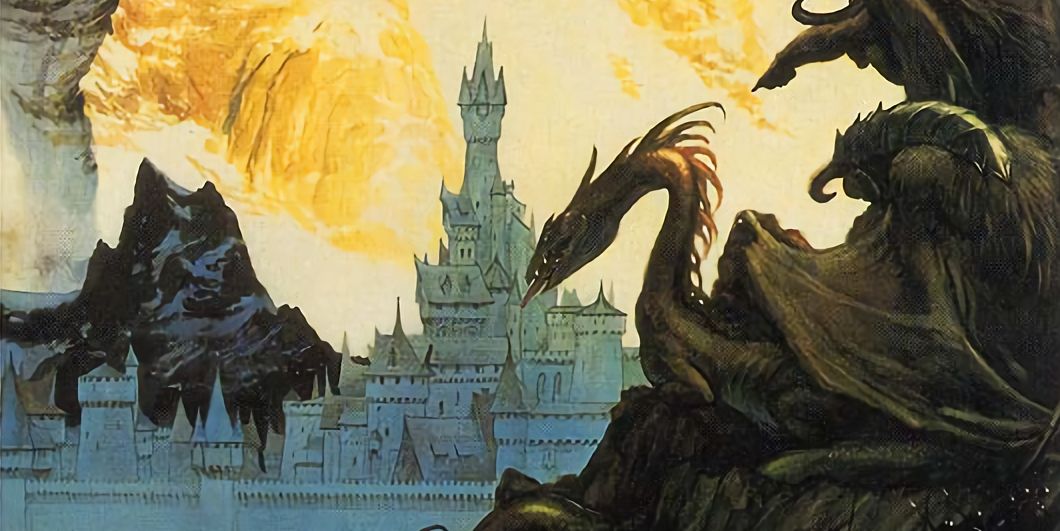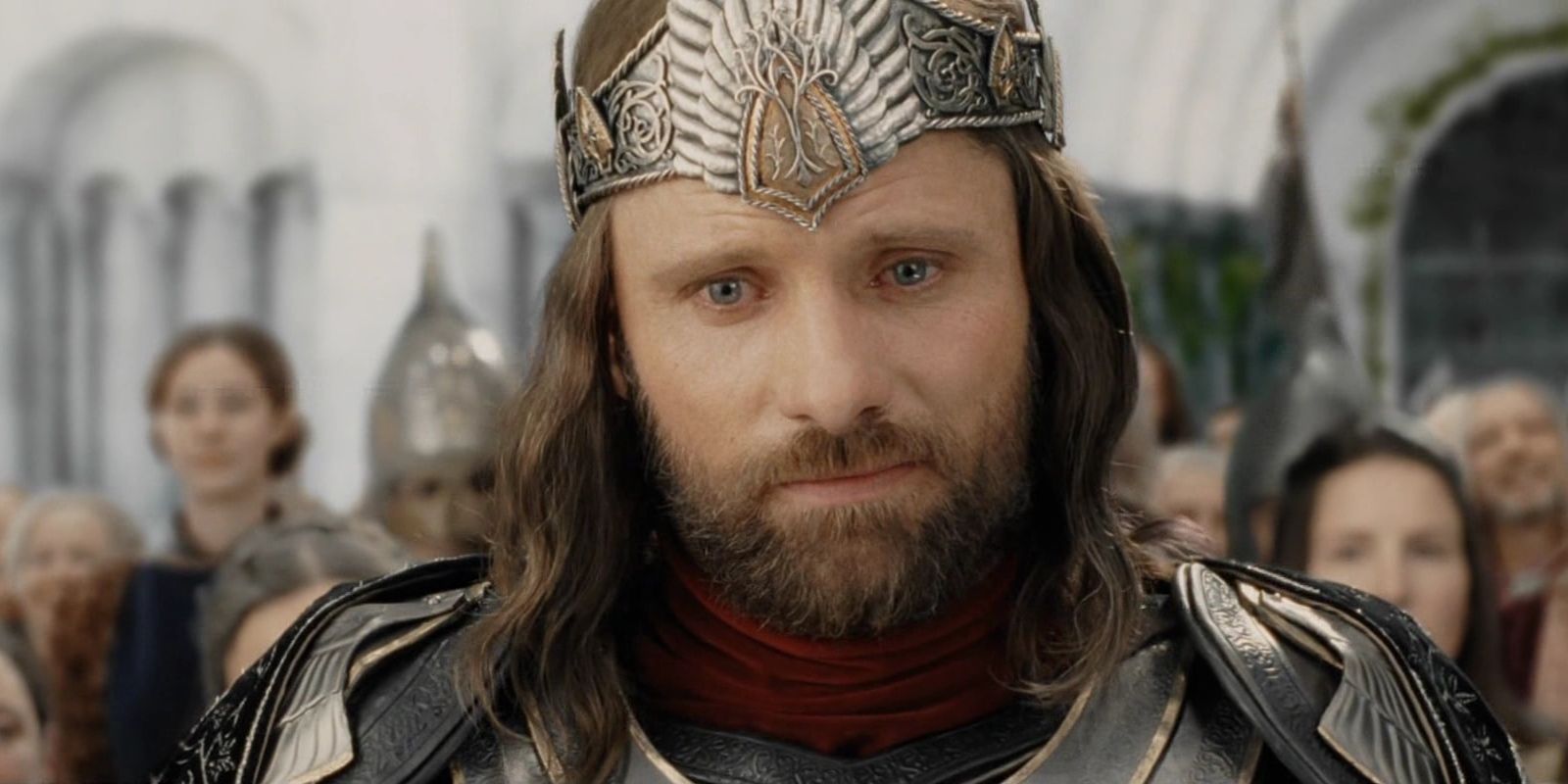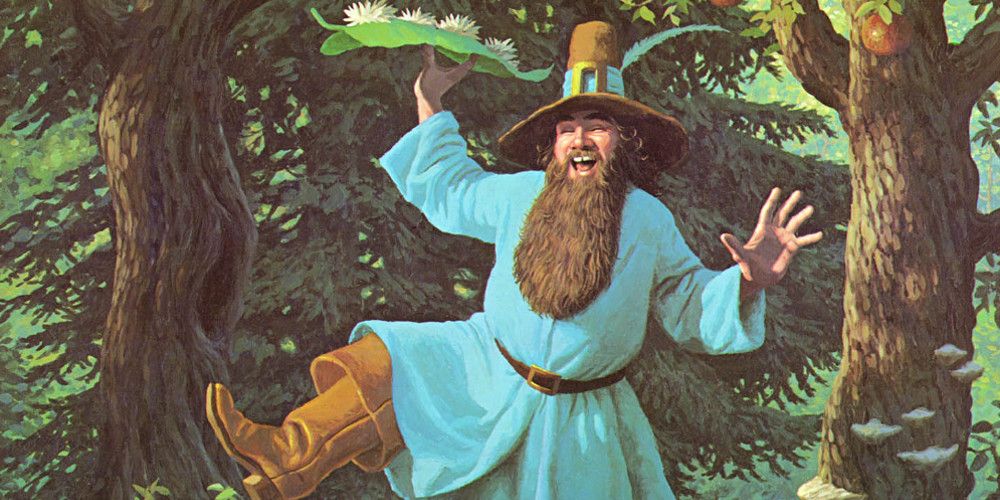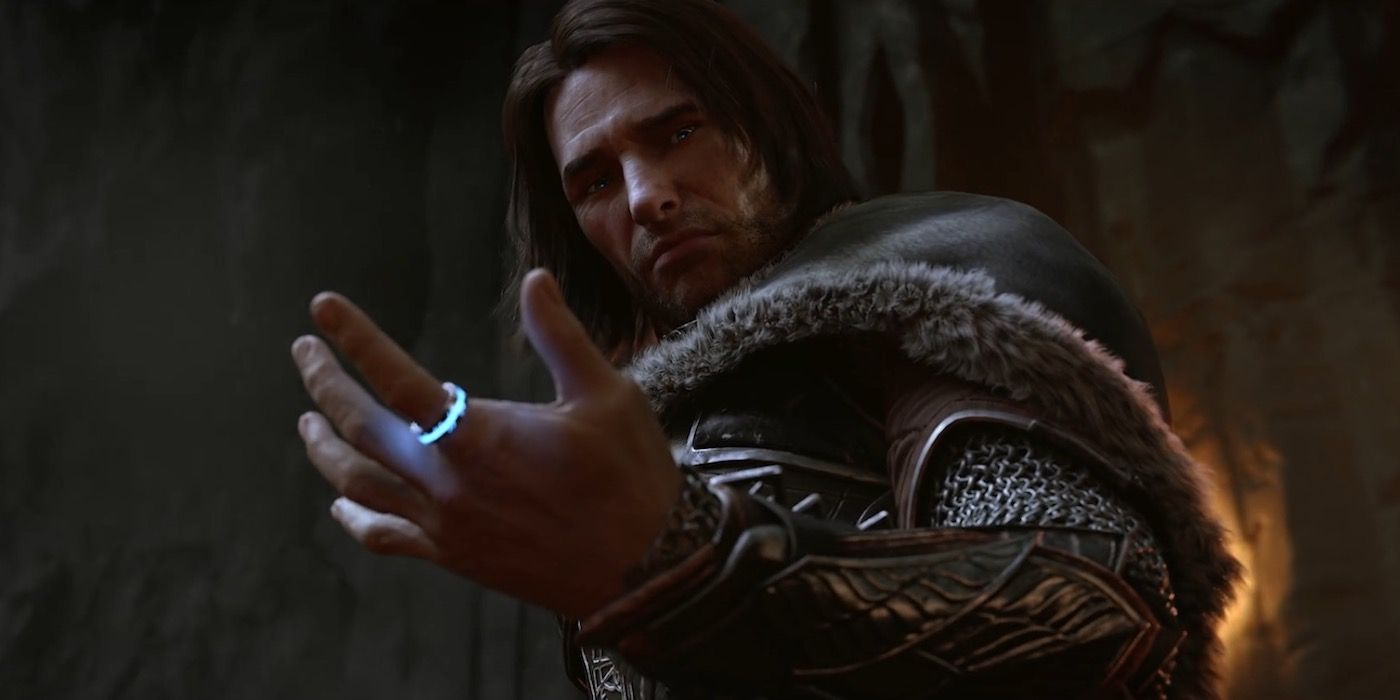Warner Bros. TV and Amazon Studios are in the early stages of adapting J.R.R. Tolkien's The Lord of the Rings trilogy in a TV series. New Line Cinema famously produced and distributed Peter Jackson's film trilogy from 2001 to 2003 before being acquired by WB, which oversay the filmmaker's The Hobbit trilogy from 2012 to 2014. And now, it seems they are looking to bring the story to the small screen courtesy of Amazon. However, the studios are reportedly still embroiled with the Tolkien estate over rights issues. While the would-be TV series hasn't been given the green light yet, it's not too surprising that Amazon wants their own version of Game of Thrones - and The Lord of the Rings series is a logical choice since it's so well known.In total, all six Middle-Earth movies have garnered a whopping $5.847 billion at the worldwide box office (WB's second-biggest francise behind Harry Potter), unadjusted for ticket-price inflation. Beyond being critically and commercially successful, the original trilogy is regarded by many as one of the greatest movie trilogies ever to release. What's more, The Return of the King still holds the record for the highest Oscars sweep, winning in all 11 categories it was nominated for, including Best Picture (ROTK is the only fantasy film ever to win in the coveted category). With all of that in mind, it's easy to see why the studio would be interested in developing more Middle-Earth stories, but a straight up Lord of the Rings TV series is not the way to go. There are a number of other ways Tolkien's work can be adapted to TV without simply remaking the movies in long form.
Related: Lord of the Rings TV Series in Development
The Silmarillion
The vast majority of the general public associate Tolkien's works with Middle-Earth, but the fact of the matter is, there's so much more to the universe of Eä - the fictional universe in which The Hobbit and The Lord of the Rings stories exist - than the War of the Ring, and all of that can be found in The Silmarillion.
For those that don't know, The Silmarillion is a collection of Tolkien's works that was first published by his son, Christopher Tolkien, in 1977. The book is divided into five sections: The Ainulindalë (a cosmogony detailing the creation of Eä), The Valaquenta (footnotes of the universe's divine characters, such as Valar and Maiar), The Quenta Silmarillion (a chronicle of major events from the First Age), The Akallabêth (the history of the Second Age), and Of the Rings of Power and the Third Age (the stories of Sauron and the Rings of Power).
The Silmarillion is considered by many to be unfilmable, so why not turn it into an anthology series instead? The first two sections may not be interesting enough for general audiences, but the studio could cherry-pick events from The Quenta Silmarillion and adapt them one season at a time. Or, if Amazon and Warner Bros. TV are keen on sticking to the Rings of Power, they could easily tell stories about how the Rings were made, all of which are detailed in The Silmarillion and provide ample material for multiple seasons.
The Book of Lost Tales
Another option for Amazon Studios would be to adapt The Book of Lost Tales, specifically Part Two. A few years after publishing The Silmarillion, Christopher Tolkien published a two-part novel known as The Book of Lost Tales - comprising of the first two volumes in the 12-volume series The History of Middle-Earth. The book is a collection of J.R.R. Tolkien's earliest stories/lost tales that would later become part of his legendarium. And while they aren't all completed works, some of the stories are captivating enough to be told through a short-run series, or even a limited series.
The most feasible stories could be 'The Fall of Gondolin' (an account of the fall of the Elven home of Gondolin during the First Age) or 'The Tale of Eärendil,' which depicts the travels of Eärendil, - half-ma, half-elf, the father of Elrond, and ancestor of Aragorn - across the world. Also, since he's the father of Elrond, who plays an integral role in The Lord of the Rings. Amazon could prop up the potential series by casting a young Elrond at some point.
The Fourth Age
Adapting The Lord of the Rings books will certainly grab the attention of millions of viewers from around the world, but rather than retell Frodo's story on the small screen - especially after it was already told on the big screen - Warner Bros. TV and Amazon Studios could, instead, continue the story that was left off from the movies by adapting the works in Tolkien's appendices and chronicling the events of the Fourth Age.
The Fourth Age began after Sauron's defeat and the destruction of the One Ring (at the end of Lord of the Rings), with the kingdoms of Arnor and Gondor returning to their former glory. Parts of the Fourth Age were shown in The Return of the King movie, but the film's epilogue focused almost entirely on Frodo and the other Hobbits, rather than the reconstruction of Gondor and Rohan in the years after the conclusion of the War of the Ring.
A TV series following King Aragorn II and King Éomer as they vanquish the remaining Orcs and rebuild their respective empires would certainly be interesting. And if the original cast was willing, the series could allow them to reprise their roles. Unfortunately, that seems highly unlikely - but anything is possible! In truth, that might be the few circumstance in which devout fans of The Lord of the Rings movies (and books) would consider jumping onboard for Amazon's series.
Tom Bombadil
As with many book-to-screen adaptations, The Lord of the Rings trilogy leaves out several characters and plot points from the source material, such as Tom Bombadil. For those that don't know, Tom Bombadil appears in multiple chapters in The Fellowship of the Ring, aiding Frodo and the other Hobbits in the early stages of their journey before they even know the ring needs to be destroyed. Of course, his history is much more extensive than depicted in that story. For one, he's believed to be one of the oldest beings in all of Middle-Earth, an he's believed to have amassed knowledge even the Elves don't possess. Wouldn't that be a story worth telling?
By choosing to focus their efforts on telling Tom Bombadil's story instead of Frodo's, Amazon and Warner Bros. TV could expand upon Jackson's film trilogy without sullying the acclaimed films and still have their show take place within the timeline of The Lord of the Rings. They could start off with Bombadil's early years and lead into The Fellowship of the Ring, showing bits and pieces of virtually all of Middle-Earth's history from a new perspective. And they would already have an intriguing protagonist to boot.
Tom Bombadil can be a point of contention, with many fans split over his absense from the films, but if done right, his story could make for a unique spin on the franchise.
Shadow of Mordor/War
Warner Bros. Interactive and Monolith Productions have been expanding (and breaking) Tolkien's Middle-Earth mythos with the 2014's Middle-Earth: Shadow of Mordor and 2017's Middle: Earth: Shadow of War video games. The game series takes place between the events of The Hobbit and The Lord of the Rings and follows the ranger Talion and the Elven spirit Celebrimbor as they amass an army strong enough to defeat Sauron. Although the games' plots are mediocre at best, the fundamental idea of exploring the time period between both stories isn't that bad.
Lucasfilm has proven with shows such as The Clone Wars and Star Wars Rebels, as well as Gareth Edwards' Rogue One: A Star Wars Story, that those types of stories work quite well, and the gap between Tolkien's two most famous tales is large enough for additional stories to be told in that time period. If adapting Shadow of Mordor (and Shadow of War) is too taxing, though, they could always build off Tolkien's stories and develop their own narrative that fits between the events of The Hobbit and The Lord of the Rings while also adhering to the source material.

